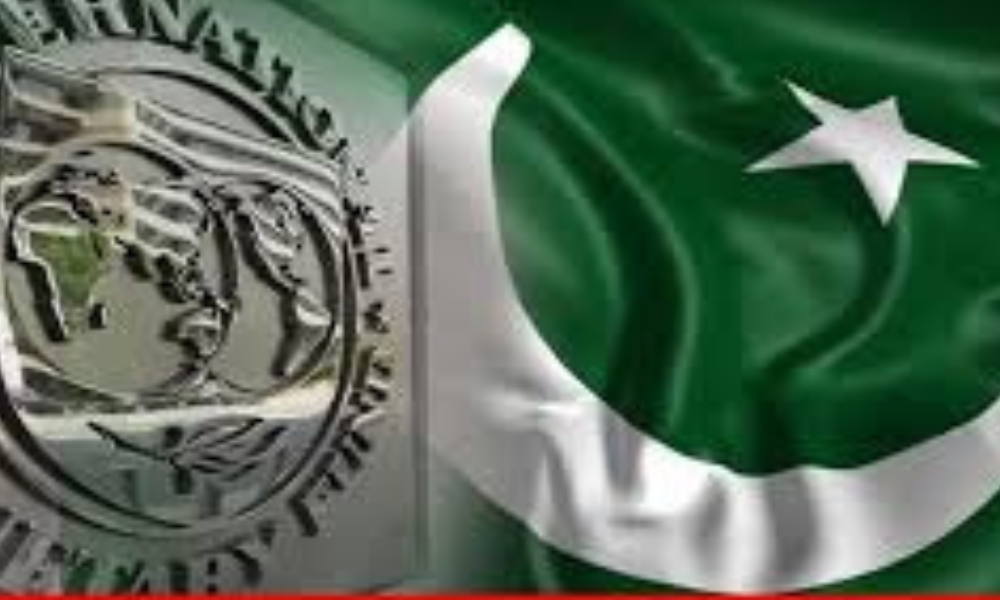Islamabad, Mar 18, 2025: Pakistan is edging closer to securing a vital financial agreement with the International Monetary Fund (IMF) as discussions over the Memorandum of Economic and Financial Policies (MEFP) gain momentum.
This draft document, shared by the IMF with Pakistani authorities, aims to establish a consensus before finalizing a staff-level agreement under the $7 billion Extended Fund Facility (EFF).
The success of this agreement is crucial, as it would enable Pakistan to formally request the release of a $1 billion tranche from the IMF’s Executive Board.
The funds are essential for stabilizing the country’s economy and ensuring fiscal discipline.
Key Negotiation Points and Economic Reforms
The IMF has signaled possible relief for Pakistan’s construction and real estate sectors.
However, it remains uncertain whether these incentives will take effect immediately or be included in the fiscal budget for 2025-26.
Despite extensive negotiations, both sides have yet to reach a conclusive staff-level agreement.
A major sticking point has been the IMF’s insistence on fiscal consolidation, which includes stringent revenue targets and expenditure adjustments.
The Federal Board of Revenue’s (FBR) tax collection target has been revised downward from Rs. 12.97 trillion to Rs. 12.33 trillion, raising concerns over potential revenue shortfalls.
Controversies Surrounding Taxation and Subsidies
A significant area of contention is Pakistan’s proposed cross-subsidy mechanism, designed to maximize the petroleum levy at Rs. 70 per liter while using the additional revenue to lower electricity costs.
The IMF, however, has questioned the sustainability of this strategy, warning that fluctuations in global oil prices could increase financial risks and contribute to circular debt.
Read More:
Petroleum Levy New Targets Set – Higher Proceeds
Additionally, the IMF has scrutinized the drastic increase in the Federal Excise Duty (FED) on acetate tow, a key component in cigarette production.
The tax hike to Rs. 44,000 per kilogram was expected to generate substantial revenue but has instead led to under-invoicing and increased smuggling from neighboring countries.
The IMF has urged Pakistan to implement stricter enforcement measures to counter these losses.
Fiscal Adjustments and Climate Financing Prospects
To bridge the revenue gap, the IMF has recommended proportional expenditure cuts, ensuring that Pakistan meets its fiscal targets.
The Fund has also expressed interest in providing up to $1.2 billion in climate financing through its Resilience and Sustainability Facility (RSF), contingent on Pakistan presenting comprehensive, long-term climate resilience plans.
As discussions continue, Pakistan faces a critical period in securing financial stability while addressing key economic challenges.
The outcome of these negotiations will determine the country’s fiscal trajectory in the coming months.









